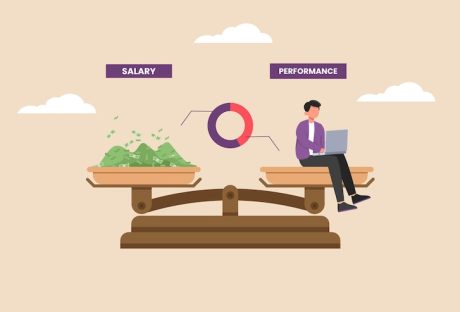Binary options trading is becoming more and more popular.
That trend isn’t really striking as binary options are a lot of fun, offer a 50% chance of winning, and are easy to understand.
Cash-or-nothing options are another term for the exotic options that definitely live up to their name. But even though binary options aren’t as complex as other types of options, there are pitfalls you should avoid when trading them.
In this article, you’ll learn everything you need to know about binary options trading.
Binary Options – What Are They?

Binary options are a subcategory of options. Just like regular options, they belong to the group of financial derivative instruments. That makes them attractive to investors, who don’t want to purchase any assets but prefer placing bids on the development of assets.
Each binary option is placed on a so-called underlying asset. It can be a share, a cryptocurrency, a commodity, precious metals, a foreign currency, and more. When placing the all-or-nothing option, you only have one question to answer: Once the option expires, will the underlying asset be above or below a certain price?
As there is only one decision to make, there are only two possible outcomes of a binary option: Either your prognosis was right or it was wrong. You make a profit if your prognosis was right, but don’t get any money back if it wasn’t. That’s what the terms “binary”, “all-or-nothing” and “cash-or-nothing” describe.
Even beginners quickly understand how binary options work. And yet, there isn’t only a 50% chance of profit, but also a 50% risk of loss.
In order to become a successful binary options trader, you need to reduce your loss risk as much as possible while increasing your chances of winning. In order to do so, you’ll need a binary options strategy. But there are other things to consider.
A Reputable Binary Options Broker

In order to maximize your chances, you should try to find the best binary trading website. It should offer a low minimum trade amount, a low minimum deposit, and a low minimum withdrawal. The less money you have to park in your account, the more independent you are.
The minimum trade amount is important because you should start with small investments and practice until you get a real hang of binary options trading
If you don’t have any experience yet, it might be smart to choose a platform that comes with a free demo account. That way, you can practice your strategy for binary options trading without having to invest real money.
A Trading Plan

Binary options are possibly the most exciting type of investment out there. Some brokers will enable you to place bets of only $1, which is great but can also lead to an investment spree. Before getting started, you should set yourself a budget and transfer it to your trading account.
No matter how much fun and luck you might be having, make sure to stick with your plan in order to limit your risk.
Trading Strategies

Some governments have banned binary options trading for two reasons: In the past, there seems to have been fraudulent activity linked to binary options.
As the market is very solvent and new, fraud is a real risk that good brokers can limit. The second reason some countries ban binary options is that they classify it as gambling.
Even though there is a 50:50 chance of both winning and losing, binary options trading isn’t subject to (bad) luck. There are various factors that can affect the prices of underlying assets.
If you educate yourself on the markets and find a good binary options trading strategy for beginners, it’s possible to take well-founded decisions.
Try these popular and easy strategies.
Follow the Trend, the Rainbow Strategy, the Candlestick Strategy, the Money Flow Index Strategy, or the Turtle Strategy.
A demo account will help you find the one that matches you and your trading style best.
Additionals:






















